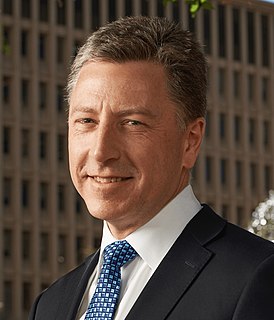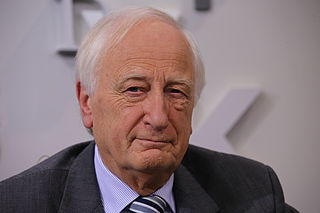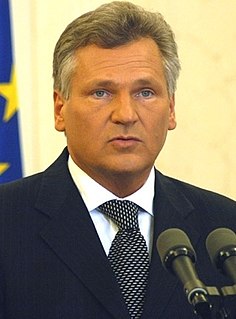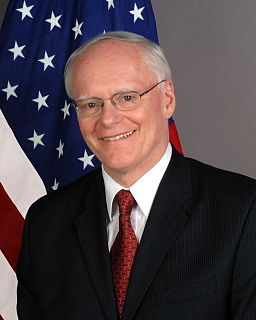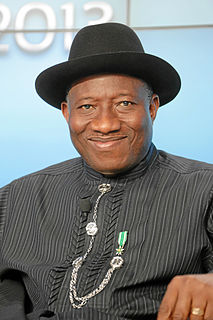A Quote by Kurt Volker
We shouldn't be lowering standards for NATO membership; we have to insist on democracy, reform, market economy, anti-corruption, reformed military, contributions to common security, interoperability - all the things that the Czechs had to do, the Poles had to do - they're still on the table. Which means that Ukraine is a long way away from getting to that point.
Related Quotes
In Ukraine, there has never been a consensus behind NATO membership. Even Yulia Tymoshenko was noncommittal when she was still prime minister. Georgia under President Mikhail Saakashvili pursued a rather aggressive stance, which stood in the way of its NATO membership. Given both states' unique relationships with Russia, concerns were justified that NATO membership would trigger Russia's reasonable fears of encirclement.
We stand firmly behind the decision made at the summit in Bucharest where it was decided that Ukraine could one day become a member of NATO. That is not only in the interest of Ukraine, but also in the interest of Europe and peace on our continent. But we also know it will take a long time until Ukraine fulfills the standards for NATO membership.
The big issue is whether Ukraine is successful as a country. Democracy. Market economy. Prosperity. Security. And so on. And whether we can resolve this conflict, which I think is an important step in restoring sovereignty, restoring territorial integrity in Europe, getting beyond the impasse that we have with Russia now, that's where we would like to go.
They'll [China] probably be a fully developed nation. The road there just is not going to be that easy. You're going from a macromanaged, top-down economy to a market-managed, micromanaged type of economy, with all the potential corruption issues, SOE [state-owned enterprise] reform, and market reform that come with it.
In 1988, when democracy was restored, the military establishment was still very powerful. The extremist groups were still there. And when the aid and assistance to Pakistan was cut, we had to adopt harsh economic policies. So in a way, it showed that democracy doesn't pay, and the military was able to reassert itself.
What I'd do is not have USAID and the National Endowment for Democracy working with U.S. taxpayers' money to knock off an elected government in Ukraine, which is what they did. I wouldn't try to force the people of Ukraine into a deal with NATO against their interest or into a deal with the European Union, which is against their economic interest.
Okay, NATO expanded to East Berlin and East Germany. Under [Bill] Clinton NATO expanded further, to the former Russian satellites. In 2008 NATO formally made an offer to Ukraine to join NATO. That's unbelievable. I mean, Ukraine is the geopolitical heartland of Russian concern, quite aside from historical connections, population and so on.
We had very good discussions on current security challenges and NATO's continued adaptation to meet them. Canada is a committed ally and a capable contributor to international security. We appreciate your quick decision to deploy forces, planes and ships to strengthen our collective defence in view of Russia's aggressive actions in Ukraine, as well as your contribution to the international anti-ISIL coalition. Canada plays a major part in our decision-making and helps keep the vital bond between Europe and North America strong.
I am big supporter of the idea of a global anti-corruption movement - but one that begins by recognizing that the architecture of corruption is different in different countries. The corruption we suffer is not the same as the corruption that debilitates Africa. But it is both corruption, and both need to be eliminated if the faith in democracy is not going to be destroyed.
At that point I ought to have gone away, but a strange sensation rose up in me, a sort of defiance of fate, a desire to challenge it, to put out my tongue at it. I laid down the largest stake allowe-four thousand gulden-and lost it. Then, getting hot, I pulled out all I had left, staked it on the same number, and lost again, after which I walked away from the table as though I were stunned. I could not even grasp what had happened to me.
